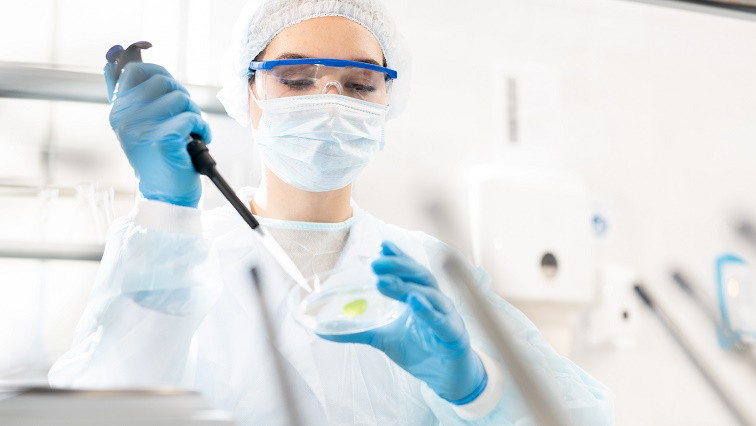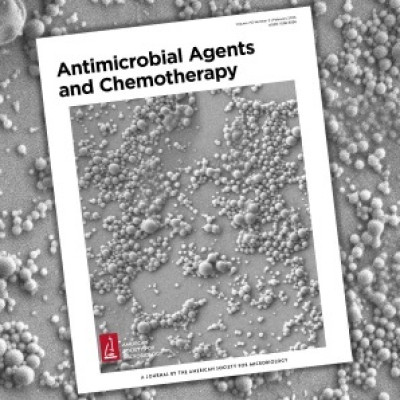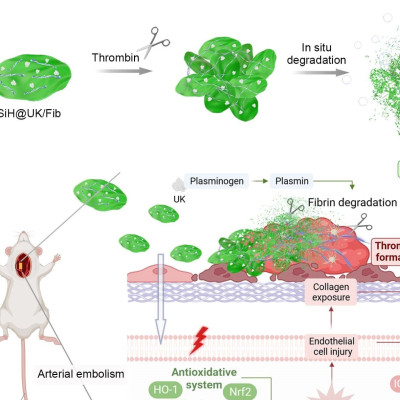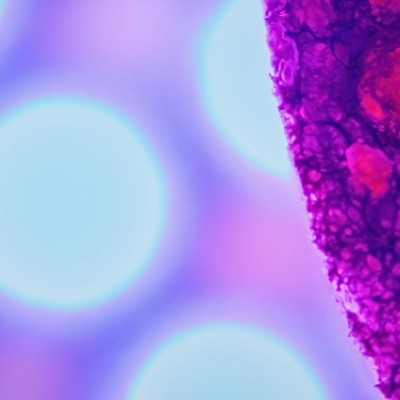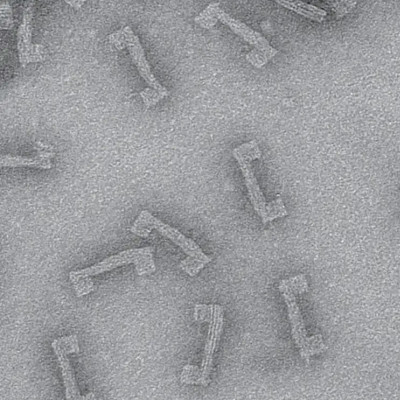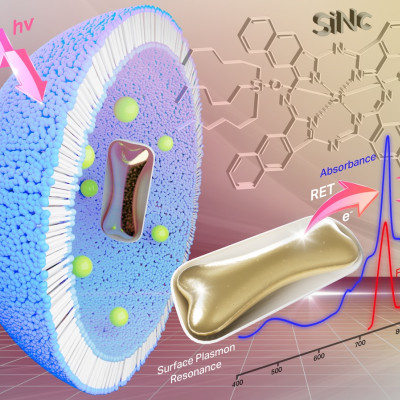Yunfeng Lu, a chemical and biomolecular engineering professor, said his team found that the naturally occurring enzyme called catalase could reduce the severity of COVID-19. Lu’s catalase research was published in Advanced Materials in September.
The enzyme doesn’t directly attack SARS-CoV-2, the virus that causes COVID-19, but instead protects the body from the immune system overreacting to SARS-CoV-2, said Jing Wen, an assistant adjunct professor in medicine and a co-author of the research.
“The enzyme just facilitates the process, it doesn’t contribute to the fight,” Wen said. “(It) hardens our body to fight the virus.”
COVID-19 can cause inflammation in the lungs and other areas when SARS-CoV-2 infects the body.
“Once our body gets infected by the virus, our immune system tends to overreact to this virus, which can cause (inflammation) and even accelerate your infection,” said Zheng Cao, a chemical engineering graduate student and a co-author on the paper.
Enzymes are a catalyst, meaning they speed up chemical reactions without changing themselves, Cao said.
Catalase can break down hydrogen peroxide, which causes inflammation, Lu said. COVID-19 deaths are usually caused by inflammation caused by hydrogen peroxide, Lu added.
The team got the idea to use enzymes to protect against lung injuries caused by inflammation after doing similar research on the liver two years ago, Wen said.
Cao said the researchers chose catalase after being inspired by other Food and Drug Administration-approved clinical drugs, such as immunomodulatory drugs that help control the immune system.
However, catalase is unstable, Cao said. The researchers had to use nanotechnology to increase the enzyme’s stability in order to be tested, he said.
Wen said the enzyme can be digested by the body, so in order to be more effective, they used nanotechnology to create a protective shield around the enzyme.
Wen said the enzyme the researchers developed is cost efficient compared to other COVID-19 treatments available.
“(It feels) promising to have low cost therapeutics, which everyone can afford,” Wen said.
The enzyme was tested in mice and monkeys by collaborators in China, Wen said. There haven’t been any noticeable side effects on both the monkeys and the mice, she said.
The monkeys were treated with catalase using two methods – by an injection and by breathing in the compound, Cao said.
The monkeys, when treated with the enzyme, recovered from COVID-19 within 14 days, Lu said.
The team is trying to get the treatment approved by the FDA, Lu said.
Cao said the product could be used to treat other inflammatory conditions caused by diseases such as influenza or cancer. Researchers still need to verify how safe using the drug will be, he said.
“I think it has great potential in the future, but right now we are still trying to verify the safety issue because that’s the most important part for clinical applications.” Cao said.
Read the original article on Daily Bruin.

